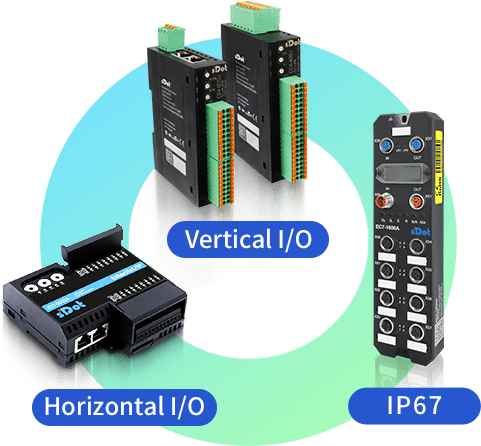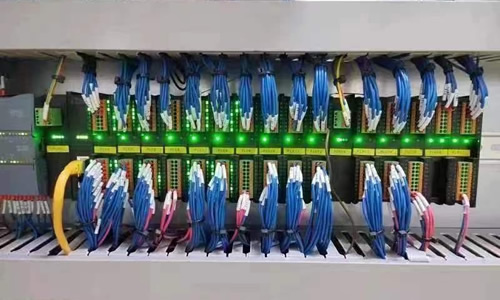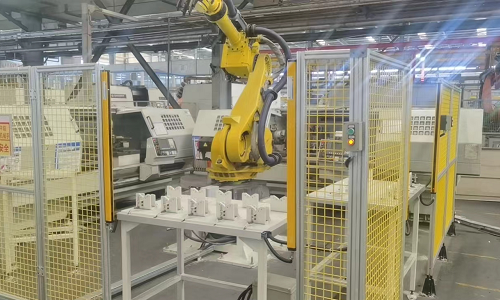
In today’s rapidly evolving industrial landscape, the role of industrial automation integrators has become increasingly crucial. These professionals specialize in integrating advanced technologies into manufacturing processes, optimizing efficiency, and driving sales growth.
The Role of Industrial Automation Integrators
industrial automation integrators are experts in designing and implementing automated systems that streamline production processes. By leveraging cutting-edge technologies such as robotics, artificial intelligence, and data analytics, they enable businesses to achieve higher levels of productivity while reducing costs.
These integrators work closely with manufacturers to understand their unique requirements and challenges. They then develop tailored solutions that address these needs effectively. From concept development to system installation and maintenance, industrial automation integrators provide end-to-end support throughout the entire process.
Solidot Electronic Technology: A Leading Example

One prominent player in the field of industrial automation integration is Solidot Electronic Technology. With a proven track record spanning over two decades, Solidot has established itself as a trusted partner for numerous industries worldwide.
Solidot offers comprehensive services ranging from factory layout design to equipment selection and installation. Their team of highly skilled engineers ensures seamless integration between various components within an automated system. This results in enhanced operational efficiency and increased output for their clients.
The Benefits of Industrial Automation Integration
The adoption of industrial automation integration brings several advantages for businesses seeking sustainable growth:
- Increased Productivity: By automating repetitive tasks and optimizing workflows, companies can significantly boost their overall productivity levels.
- Better Quality Control: Automated systems ensure consistent quality control measures are implemented throughout the production process, minimizing errors or defects.
- Cost Reduction: Industrial automation integration helps reduce labor costs, minimize material waste, and optimize energy consumption.
- Faster Time-to-Market: Streamlined processes enable businesses to bring products to market more quickly, gaining a competitive edge.
- Data-Driven Decision Making: Automation generates valuable data insights that can be leveraged for informed decision making and continuous improvement.
In Conclusion
The role of industrial automation integrators cannot be overstated in today’s highly competitive manufacturing landscape. By harnessing the power of advanced technologies and seamless integration, these professionals empower businesses to achieve higher levels of efficiency, productivity, and sales growth. Embracing industrial automation integration is no longer an option but a necessity for companies striving to stay ahead in the global marketplace.

